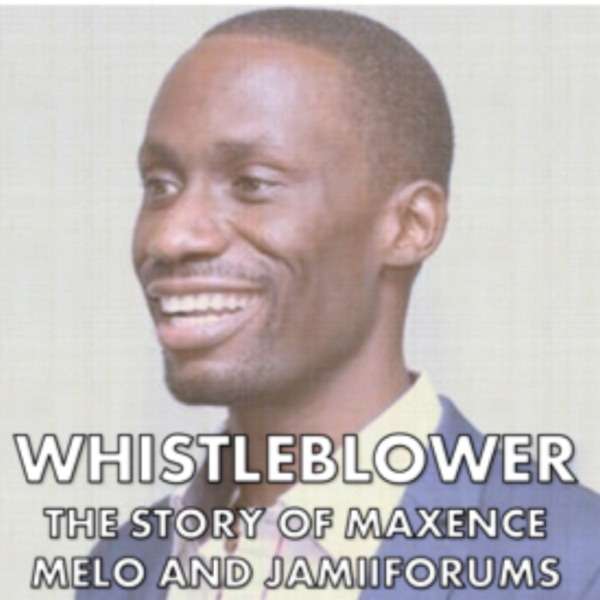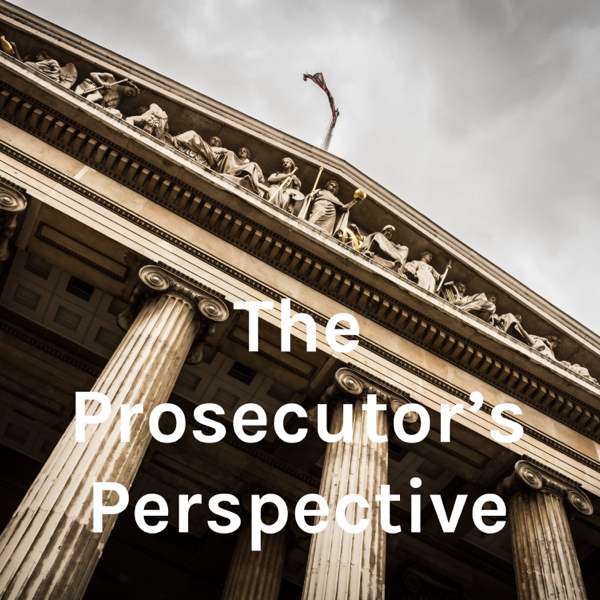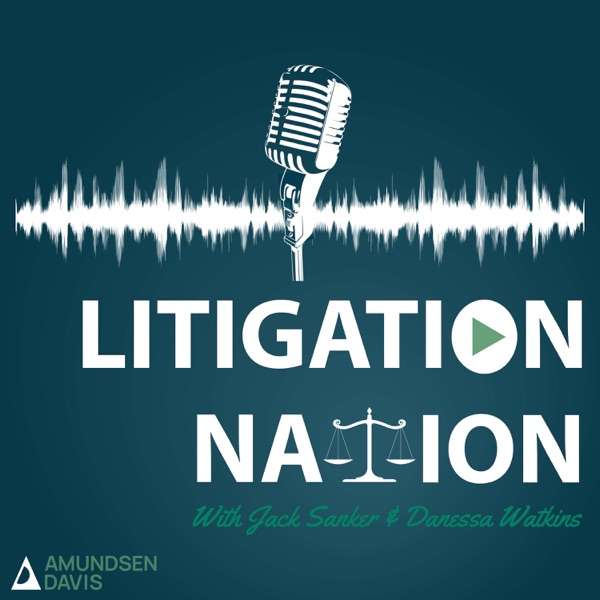Poaching, trafficking, and illegal harvest are all terms used in discussing wildlife crime. While they refer to different actions along the supply chain, these terms are all central to the issue of non-compliance with rules and regulations put in place to support the long-term survival of plant and animal species. Wildlife crime has cascading negative effects on wildlife and people: it reduces biodiversity and can damage entire ecosystems, threatens livelihoods in rural communities, weakens global security, and robs countries that rely on wildlife for tourism of assets and revenue. This podcast is a follow up to our broadcast, “Combating Wildlife Crime: Toward an Integrated Approach”, which provides an overview of the need for and application of social science to holistically address wildlife crime. In this podcast, Dr. Meredith Gore, Associate Professor in the Department of Fisheries and Wildlife at Michigan State University, and Dr. Christine Browne, Human Dimensions Team Lead at the U.S. Fish and Wildlife Service’s Natural Resource Program Center, delve deeper into social science considerations for this topic, including the needs, methods, the benefits for addressing this national and global conservation priority.

 Our TOPPODCAST Picks
Our TOPPODCAST Picks  Stay Connected
Stay Connected







